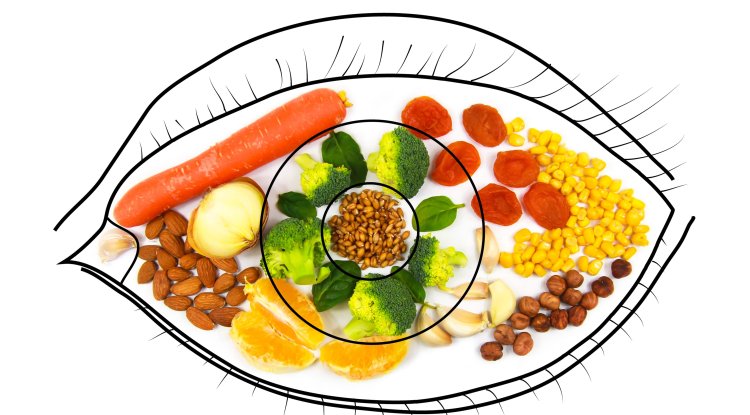3 types of food you should avoid
Usually, these foods are full of calories but lack nutrients

What you eat has a big impact on your brain, too. Here are the foods that cause the most damage to it.
SWEETENED BEVERAGES
By sweet drinks we mean:
- fruit juices,
- carbonated drinks,
- sports drinks…
It's true that one sugary drink won't do much damage to your brain, but damage can happen if you consume it regularly, e.g. every day in large quantities (in one day you drink more fruit drinks than water). Excessive consumption of sugary drinks can increase the risk of Alzheimer's disease and type 2 diabetes. High blood sugar can increase the risk of dementia, even in people who do not have diabetes.
PROCESSED FOOD
It contains a lot of added sugar, fat, and salt. These include:
- sweets,
- chips and other salty snacks,
- ready meals from the store,
- various salad dressings,
- ready-made sauces…
Usually, these foods are full of calories but lack nutrients that our bodies (including our brains) desperately need. Such food leads to obesity in the long run. Fat is stored in the body as "deep fat". The study monitored 243 people who had an increased proportion of visceral fat, which the researchers linked to brain tissue damage. So think a little more carefully when ordering lunch at a restaurant. The best option is always to prepare a meal at home, or prepare it in advance when you can, to just reheat it later.
View this post on Instagram
TRANS FATS
Trans fats are naturally present in some foods of animal origin, such as meat, and dairy products - and there they do not pose a problem. But avoid industrially produced trans fats, known as hydrogenated vegetable oils. You can find them at:
- fats
- margarine
- in industrially prepared cakes
- biscuit
Check the product for partially hydrogenated vegetable oil and if you find these words, put it back on the shelf. Research has shown that people who consume high amounts of trans fat face a higher risk of Alzheimer's disease, and poorer memory, and cognitive function.
Post by: Rinna James




























